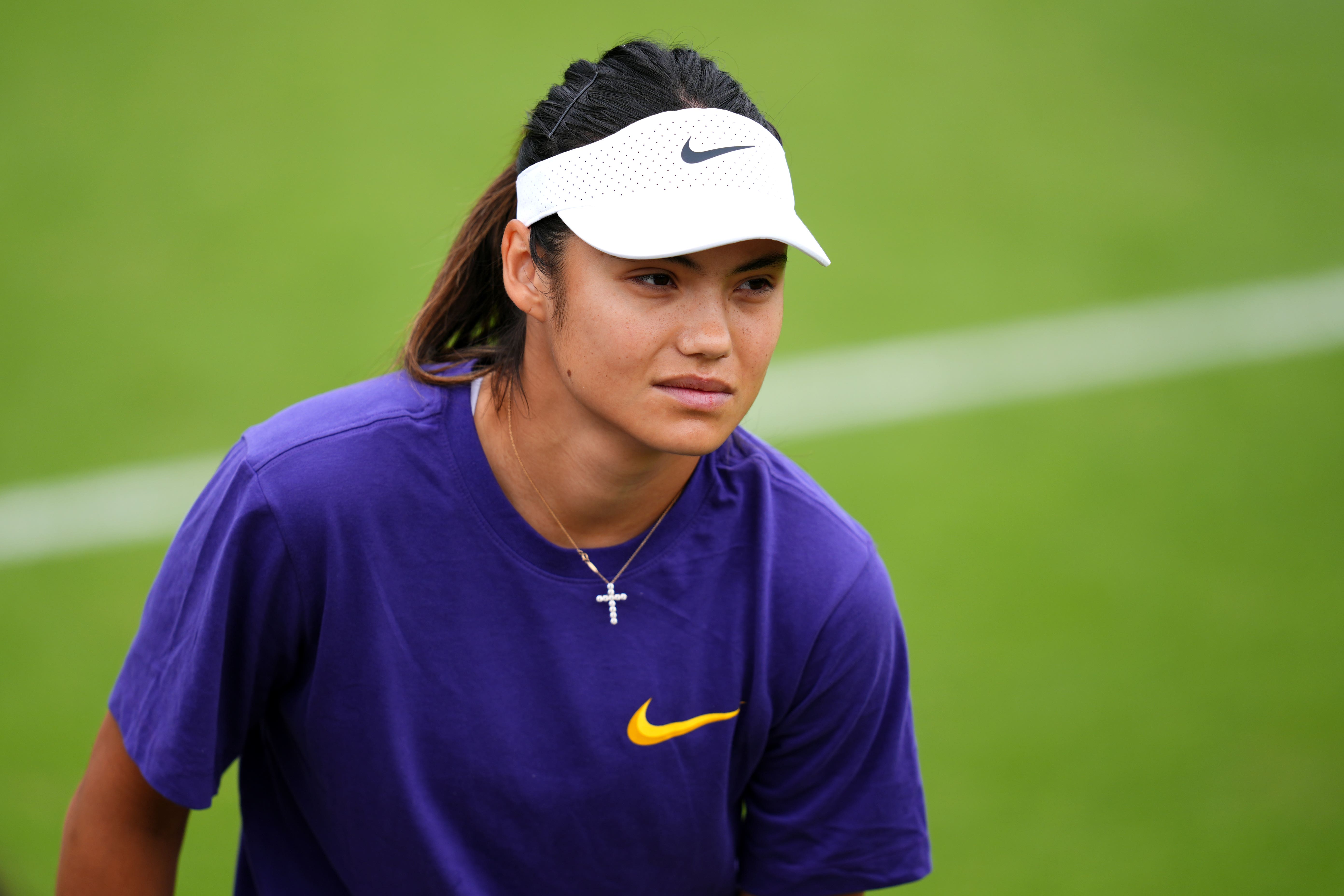How Tabitha and Temwa fought preconceptions in Malawi to make it to the top of women’s football. Tabitha and Temwa Chawinga’s rise to international football stardom began on the humble, dusty football pitches of Rumphi, a district in northern Malawi. Their journey, filled with challenges and perseverance, reflects the determination and dreams of two sisters determined to break barriers in a male-dominated sport. And how they have succeeded.
![[Young players on a dusty football pitch in Malawi]](https://i.guim.co.uk/img/media/a4f884110d8f90a4c33c4f4a0196af94db0abfe8/0_2_1522_972/master/1522.jpg?width=445&dpr=1&s=none&crop=none)
Growing up in a society where girls were often discouraged from dreaming beyond traditional roles, the Chawinga sisters were passionate about football from a young age. “We used to play football with boys. I did whatever the boys did and that laid the foundation for my football career,” Tabitha recalls. In Malawi, football is considered a men’s game with women mostly associated with netball. Despite this, the sisters’ undeniable talent and shared passion for the sport has helped change the perception of women’s football in the country.
Their talent was first spotted by the late David Dube, a local coach who used to run a women’s football club called DD Sunshine (now Silver Strikers Women), where Andrew Chikhosi worked. “[Tabitha] was a standout talent from a young age – her pace, agility and clinical finishing were impressive,” he says. “Temwa was equally talented, though more reserved.”. Parly Chinyama, a football analyst who has been following the growth of women’s football in Malawi, said that despite their determination the sisters faced many challenges to reach international status. “Tabitha was once forced to strip naked during a match to prove she was female,” he recalls, adding: “But her skill and dedication led to her international breakthrough.”.
In 2014 Tabitha became the first female Malawian footballer to play in Europe, joining Krokom Dvärsätts IF, a third-division Swedish club. Her talent quickly became evident as she scored 39 goals in 14 league matches for the club, finishing as the league’s top scorer in her first season. In her second season, she moved to Kvarnsveden in the second tier, where she continued to shine with her 43 goals helping the club gain promotion to the top division. In January 2018 she signed for Jiangsu Suning in China, where her career reached new heights.
Known for her speed, vision and goal scoring ability, Tabitha became one of the standout players in the Chinese Women’s Super League. Her performances not only made her an international star but also inspired many young girls in Malawi to pursue their own football dreams. While Tabitha was making waves in China, Temwa was following in her footsteps. Tabitha recommended Temwa to Kvarnsveden before her move to China. Temwa’s arrival was met with enthusiasm as she quickly became one of the top scorers in the Swedish women’s league, emulating her sister’s success. Her talent and hard work paid off when she was later signed by Wuhan FC in China, following her sister’s recommendation. Tabitha is now at Lyon while Temwa is with Kansas City Current.
Despite their success, the landscape of women’s football in Malawi remains difficult. The sport faces limited infrastructure, financial backing and media coverage. “There is so much talent in the country, but due to lack of finances and sponsorship it is not tapped,” Temwa said. “The players’ welfare is also an issue. They need motivation.”. Things are happening though. The top women’s division in Malawi was launched in 2020 and rebranded the Goshen-FAM Women’s league in 2023 after a 60m Malawian Kwacha (£28,000) sponsorship from the Goshen Trust run by the billionaire preacher and businessman Shepherd Bushiri.
The prize money is modest – the winners of the top flight gets 9m MWK (about £4,000) – and the FAM competitions and communications director, Gomezgani Zakazaka, says: “Women’s football only got organised as a game around 2009 and we are still developing the game. We have just concluded the regional football leagues and we are supposed to have the national finals in March. We also have under-16 and under-14 leagues that are played in the three cities of Blantyre, Lilongwe and Mzuzu.”.
Sign up to Moving the Goalposts. No topic is too small or too big for us to cover as we deliver a twice-weekly roundup of the wonderful world of women’s football. after newsletter promotion. He adds that the country has the potential to produce world-class footballers to follow in the steps of the Chawinga sisters but that they need to start developing players earlier. “We have just exported another football talent, Rose Kadzere, from Ascent Soccer Academy to Montpellier and we have players in DR Congo and Zambia too,” he says. “The problem we have in Malawi is that these girls only starts to play organised football at around 15, which is too late.”.































